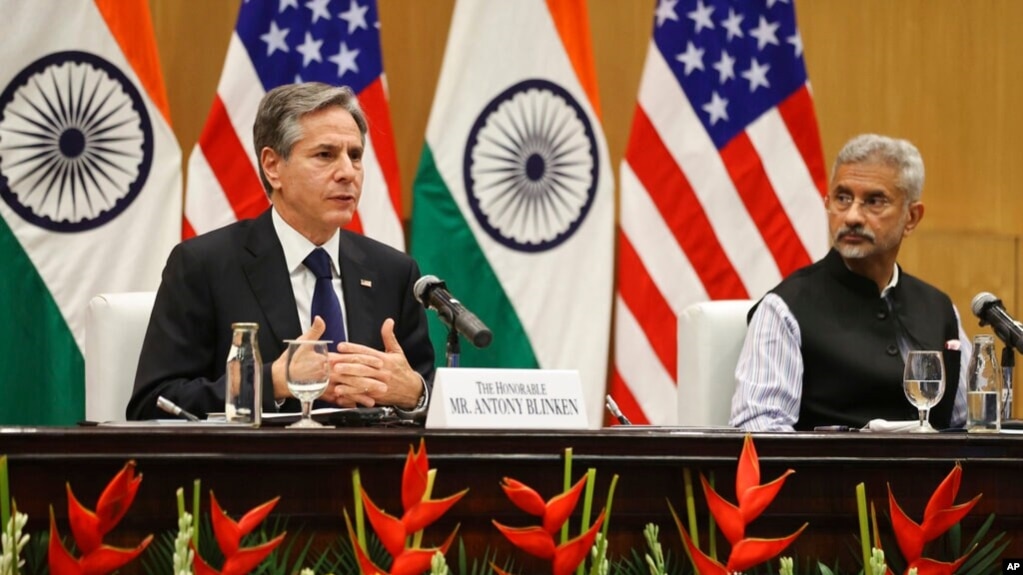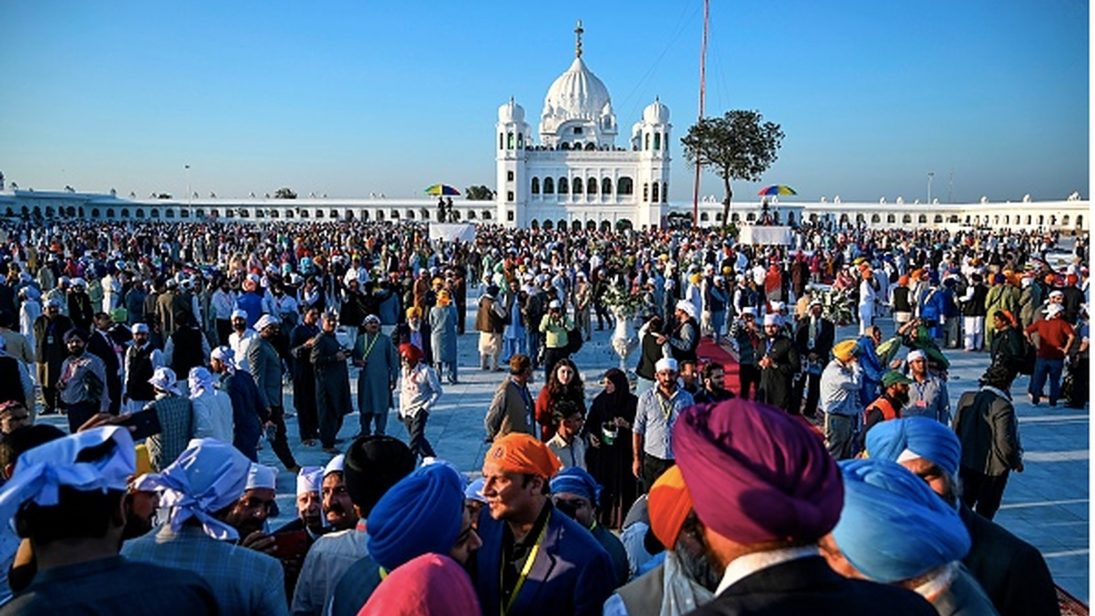Diplomacy is the art of conducting negotiations and maintaining relationships between nations. It is a vital tool in the field of geopolitics, allowing countries to resolve conflicts and build cooperation without resorting to war. In this blog post, we'll explore the role of diplomacy in geopolitics and how it helps to shape the world we live in.
One of the key functions of diplomacy is to resolve conflicts between nations. Diplomatic negotiations can take many forms, such as formal talks between leaders or informal discussions between representatives. Diplomatic efforts can also be multilateral, involving multiple countries working together to find a solution. Diplomacy can play a crucial role in preventing the escalation of conflicts and maintaining peace.
 |
| U.S. Secretary of State Antony Blinken and Indian Foreign Minister Subrahmanyam Jaishankar. credit editorials.voa.gov |
Another important role of diplomacy is to build and maintain relationships between nations. Diplomatic relations allow countries to communicate and cooperate on issues of mutual concern, such as trade and security. Diplomatic missions, such as embassies, are a key tool in this process, serving as a link between the host country and the country they represent.
Diplomacy also plays an important role in shaping international law and norms. Treaties and agreements negotiated through diplomatic efforts can establish international standards and principles that guide the behavior of nations. International organizations, such as the United Nations, also play a key role in this process, providing a forum for nations to come together and address global challenges.
 |
| Alliance headquarters ahead of a NATO Defense Ministers meeting, in Brussels, credit cnbc.com |
Cultural diplomacy is another important aspect of diplomacy. It's a tool for countries to promote their culture and values to other nations, and to build understanding and friendship between peoples. Cultural diplomacy can take many forms, such as cultural exchange programs, festivals, and exhibitions.
 |
| The shrinking space for cultural diplomacy between India and Pakistan (Kartarpur Sahib) credit southasianvoices.org |
In conclusion, diplomacy is a crucial tool in the field of geopolitics. It plays a vital role in resolving conflicts, building relationships, shaping international law and norms, and promoting cultural understanding. Understanding the complexities of diplomacy is essential for anyone interested in international relations and global affairs. It's important to note that diplomacy is not always successful and that other approaches, such as sanctions or military intervention, may be necessary in some cases.
Comments
Post a Comment